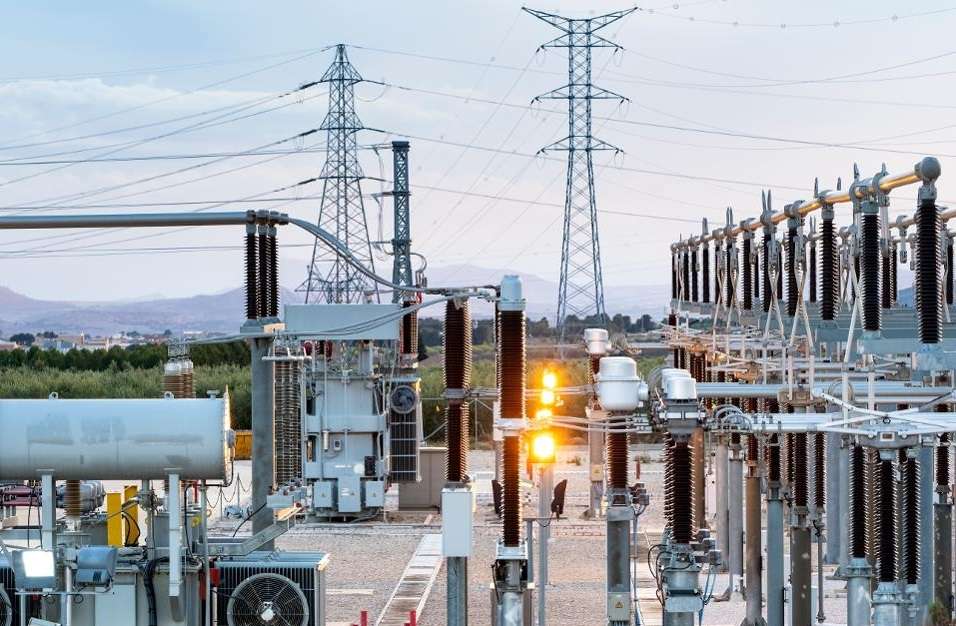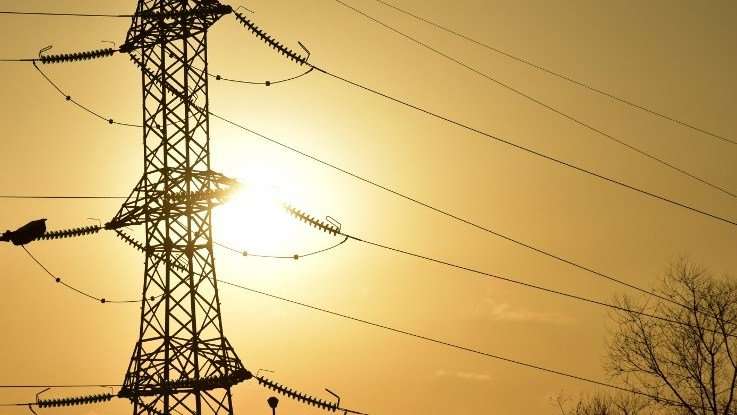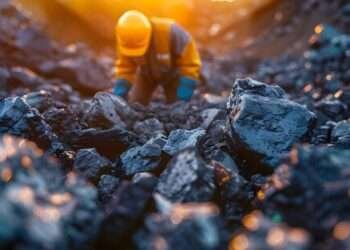Ghana, and all other nuclear energy-using countries (including those with no nuclear facilities) are advised to develop a national-level preparedness framework to manage recovery from radiological or nuclear accident, according to the Organization for Economic Co-operation and Development (OECD)
In a report, the OECD noted that though the development of efficient response plans as part of preparedness is well supported by international guidance, limited material exists for preparing for long-term recovery.
“All countries (including those with no nuclear facilities) should develop such a framework as it is key to ensuring that the recovery process is managed effectively, required resources are identified, and that the objectives of recovery are ultimately achieved.”
OECD
This is warranted as past experiences from nuclear, radiological, and other types of severe accidents have highlighted the difficulties that may be encountered if there is a failure to prepare adequately for recovery, the OECD noted.

Driven by the need to adopt clean energy fuels and address energy security concerns, Ghana has opted for the use of nuclear energy as part of its power generation mix. Efforts are far advanced for nuclear power projects in Ghana.
Currently, Ghana is in the process of engaging a nuclear vendor as a strategic partner for its first nuclear power plant; nine prospective vendors have so far responded to the Request for Information (RFI) by Nuclear Power Ghana Limited.
In addition, progress is being made regarding the assessment and data collection of the four candidate sites for the nuclear power plant. The process for prospective nuclear power site identification is 25 per cent complete, according to the 2022 budget.
“In 2022, the Ministry and Nuclear Power Ghana Limited will finalise processes to identify a vendor country. Efforts toward the identification of the preferred site for the first nuclear power plant will be continued.”
2022 Budget statement
Among recommendations highlighted for establishing a framework for recovery preparedness by the OECD is based on three aspects: key elements of preparedness for recovery; objectives of recovery; and strategies to achieve and assess these objectives, the report states.
“Depending on national arrangements, the adoption of an all-hazards approach that makes use of a common framework to support recovery irrespective of the nature of the emergency should be used. Planning should be risk-informed, proportionate, flexible, scalable, and non-prescriptive, and should consider a large range of potential risks and impacts while considering the specificities for a nuclear or radiological accident.”
OECD
Regarding the objectives for developing a preparedness framework, the OECD noted that they should include: ensuring health and well-being, supporting the economy, and protecting the environment.
Addition of Nuclear Energy to energy Mix
These notwithstanding, discussions on the adoption of nuclear energy in Ghana have largely concentrated on the energy supply potential of nuclear energy to the country’s energy mix.
Of a worthy note, is the recent launch of a partnership between the US and Ghana under the Foundational Infrastructure for Responsible Use of Small Modular Reactor Technology (FIRST) program. This was to support Ghana’s adoption of small modular reactor (SMR) technology, including support for stakeholder engagement, advanced technical collaboration, and project evaluation and planning.
Despite the importance of the SMR technology, issues have also been raised concerning the preferred type of technology for nuclear energy. Experts are of the view that unlike a Small Modular Reactors (SMRs)– which generally produce 300 megawatts equivalent or less, a large reactor Nuclear Plant could inject 1,000 megawatts and above into the national grid.
Ing. Norbert Anku, a former Director at GridCo is cited to have said that, the important role of the electric grid system to which the Nuclear Power Plant would be connected is a key determinant in the choice of a technology.
While all of these considerations are important, government must not lose sight of the potential damages associated with the use of nuclear energy and the repercussions in the case of a nuclear accident; thus the need for such a national-level framework.























